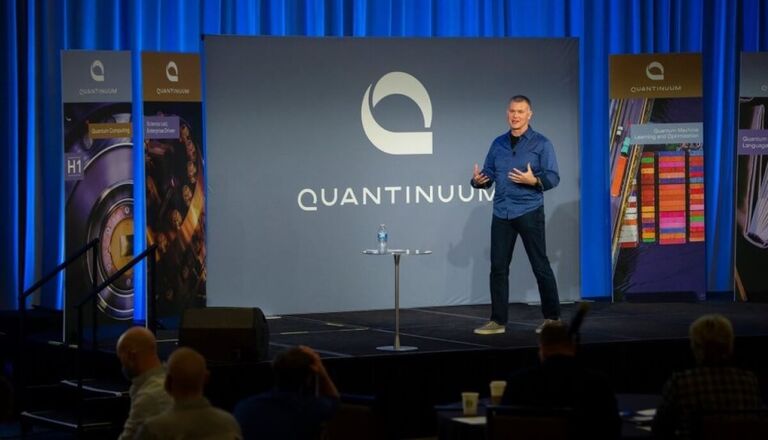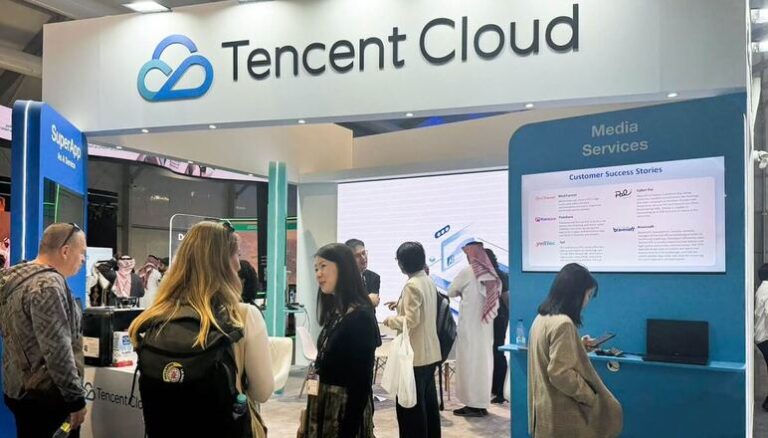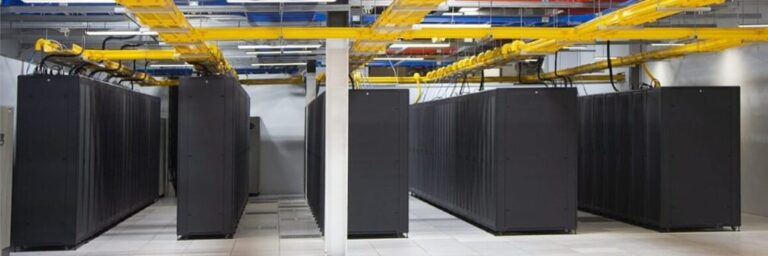
Quantinuum has unveiled Helios, a new quantum computing system that the company describes as the world’s most accurate general-purpose commercial quantum computer. The launch marks a pivotal moment in the evolution of enterprise-grade quantum computing, with Quantinuum positioning Helios as a bridge between traditional high-performance computing and emerging quantum technologies.
Designed to be accessible to developers and organizations seeking real-world quantum applications, Helios introduces a new programming model that allows users to integrate quantum and classical computing within the same framework.
Central to that effort is Guppy, a Python-based programming language created by Quantinuum to simplify hybrid programming. Guppy enables developers to write applications that blend conventional algorithms with quantum processing in a unified workflow – a capability long viewed as a key requirement for scaling quantum computing into mainstream enterprise use.
Quantinuum says Helios achieves the highest fidelity of any commercial quantum system to date, thanks to a new real-time control engine and system-level design that allows for continuous error correction. The system is available immediately through Quantinuum’s cloud platform and on-premises deployment options, aimed at customers in finance, life sciences, and materials research.
“The next computing inflection point starts today,” said Dr. Rajeeb Hazra, President and CEO of Quantinuum. “For the first time, enterprises can access a highly accurate general-purpose quantum computer to drive real-world impact, transforming how industries innovate – from drug discovery to finance to advanced materials.”
Real-Time Error Correction with NVIDIA
A major focus of Helios is the intersection of quantum computing and artificial intelligence. Quantinuum says Helios can generate quantum data to enhance generative AI (GenAI) models, improving performance in areas such as molecular design, data analysis, and quantum chemistry. To advance that capability, the company is deepening its partnership with NVIDIA, integrating Helios with NVIDIA’s new GB200 system using NVQLink interconnects. This setup will enable hybrid quantum-classical applications for enterprise AI, life sciences, and simulation workloads.
Quantinuum will also use NVIDIA’s accelerated computing infrastructure for real-time error correction across Helios and future systems. Developers can use Guppy alongside NVIDIA’s CUDA-Q platform to manage hybrid compute tasks, an approach that aligns with the industry’s growing focus on quantum-enhanced HPC clusters.
Early collaborators include Amgen, which is exploring hybrid quantum and machine learning methods for biologics discovery; BMW Group, applying quantum modeling to fuel cell materials; JPMorganChase, researching advanced financial analytics; and SoftBank, which is investigating new organic materials for next-generation batteries and solar cells.
In addition, Quantinuum announced a strategic partnership with Singapore’s National Quantum Office and National Quantum Computing Hub. The agreement gives Singapore-based researchers and enterprises direct access to Helios for work in computational biology, financial modeling, materials science, and optimization problems. As part of that partnership, Quantinuum will establish a new R&D and operations center in Singapore focused on commercial quantum computing applications.
To support its expanding ecosystem, Quantinuum is also launching Q-Net, a user community for enterprise customers and developers to exchange feedback and collaborate on use cases. A separate startup partner program will provide early-stage companies with access to Helios for developing and scaling commercial quantum applications.





